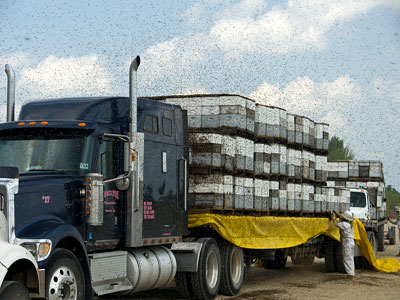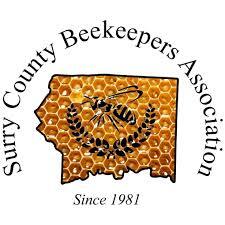The Federal Motor Carrier Safety Administration (FMCSA) published the electronic logging device rule almost two years ago. In its simplest form, an electronic logging device (ELD) is used to electronically record a driver’s Record of Duty Status (RODS). This electronic record is intended to replace paper logbooks some drivers currently use to record their compliance with Hours of Service (HOS) requirements. The mandate ordered trucking fleets to have certified ELDs in their trucks by December 2017. That date is almost here and there has been a fair amount of resistance to the rule.
Many of the nation’s largest trucking fleets have adopted ELDs and medium-sized fleets are following suit. Smaller fleets however, which are often independent truckers, are objecting to the devices. Some say the cost is prohibitive while others contend the devices are an invasion of privacy, recording every detail of the truck and the driver.
A survey of truckers who read Overdrive Magazine shows that 71 percent of independent drivers say they will quit over the road trucking if compelled to install and use ELDs. If 70 percent of the independent and small fleet owner-operators who say they’d quit driving actually do quit, we would have difficulty moving goods in a timely manner.
According to data provided by RigDig Business Intelligence we would lose about 260,000 trucks, more than 10 percent of the industry’s capacity. Proponents of the ELD mandate argue that older independent drivers are simply stubborn. When it comes down to it, they’ll work under ELDs because they need a paycheck, and most of them won’t be able to retire on Social Security alone.
The agricultural industry has raised additional concerns with the proposed trucking regulations. When livestock, fish or insects are being transported, they need to reach their destinations quickly. It’s not possible or wise to loiter at the truck stop for several hours when the ELD declares that DOT’s Hours of Service Rules demand parking the truck.
American Farm Bureau Federation, the National Pork Producers Council, National Cattleman’s Beef Association and five other livestock, aquaculture and beekeeping organizations have petitioned the Department of Transportation (DOT) for exemption from the ELD mandate. Their concern is that independent truckers, who typically haul livestock, fish and insects, will no longer drive.
This will lead to the unintended impact of jeopardizing the health and welfare of millions of transported animals who will no longer be hauled by highly skilled and trained drivers or stockmen.
In seeking the exemption, these agricultural groups contend the ELD initiative fails to directly address the unique requirements of the livestock industry. They maintain that granting this exemption for the extremely limited segment of the overall transportation economy engaged in the shipment of livestock, fish and insects, will achieve a level of safety that is equivalent to, or greater than, the level that would be achieved without the exemption.
The petition also states that the welfare and safety of the animals in transit, together with the safety of other drivers on the road, are the industry’s top priorities. Most livestock haulers have participated in additional training, including the pork industry’s Transport Quality Assurance (TQA) program and the beef industry’s Master Cattle Transporter (MCT) program, which provide instruction on proper animal handling and transportation methods. While these programs are voluntary, most major packers require that any driver arriving on their property be TQA or MCT certified. These low-stress, safe handling and transportation methods for livestock reduces sickness, prevents bruising, and improves the quality of the meat. Fish and honey bees also require specialized equipment, species-specific loading and unloading, and on-time delivery.
These organizations are also asking DOT to address incompatibilities between the transportation of livestock and DOT’s Hours of Service rules. Those regulations limit truckers to 11 hours of driving daily — after 10 consecutive hours off duty — and restrict their on-duty time to 14 consecutive hours, which includes non-driving time. DOT did recently issue an interpretation intended to address shortcomings in its Hours of Service rules, exempting from the regulations and from any distance-logging requirements truckers hauling livestock within a 150 air-mile radius of the location at which animals were loaded.
Major studies reviewed by FMCSA in developing its underlying HOS rules show that the livestock sector is one of the safest of the commercial hauling sectors. The National Highway Traffic Safety Institute showed that of 1,123 accidents involving trucks hauling cargo, a mere five involved livestock transportation. Livestock haulers typically drive slower, are more aware of their surroundings and road conditions, and avoid rough-road situations that could result in animal injury. As such, they feel justified in asking for the agricultural exemption.
To submit your comments online, visit regulations.gov and put the docket number “FMCSA-2017-0297” in the Keyword box and click Search. When the new screen appears, click on the Comment Now button and type your comment into the text box. Choose whether you are submitting your comment as an individual or on behalf of a third party and then submit. The comment period ends Nov. 30.
Clark Israelsen is a Cache County Extension agent specializing in agriculture.









